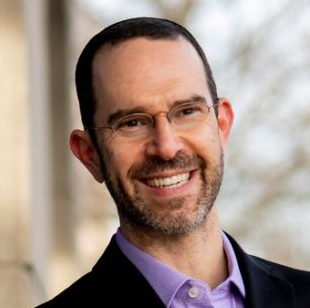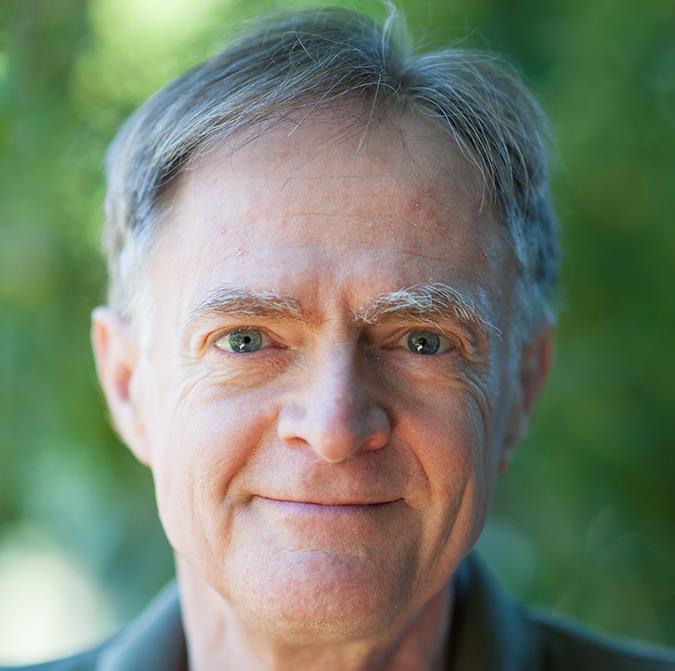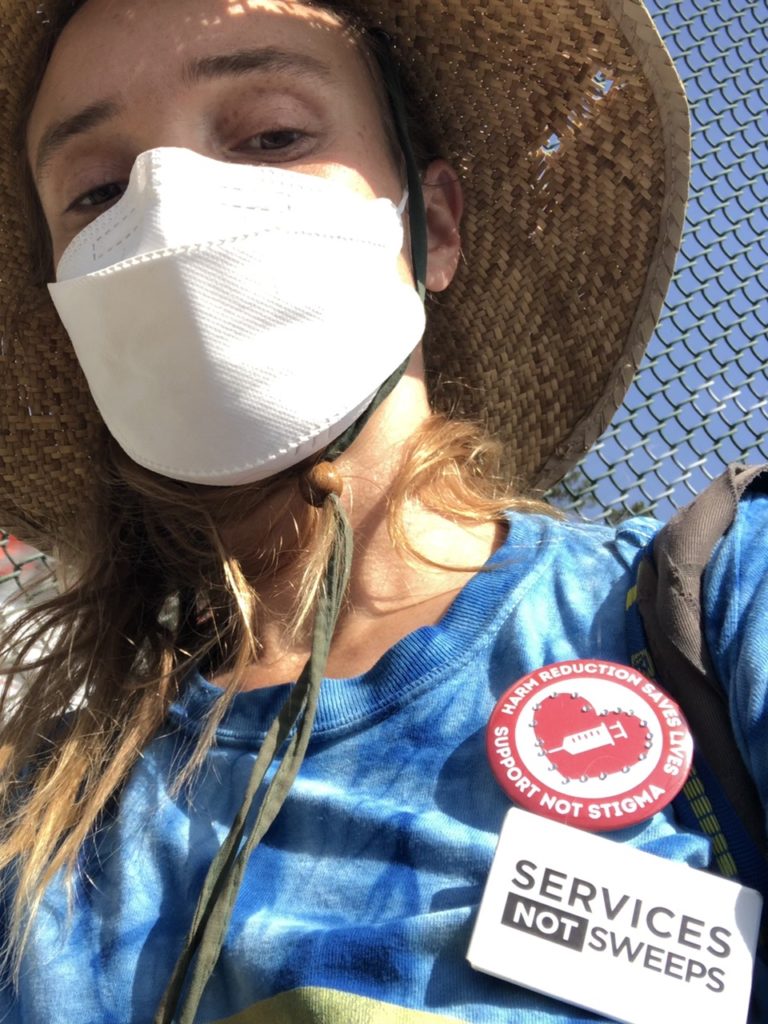
Across the globe and near to home, communities find themselves more and more challenged, as they grapple with climate-driven natural disasters, growing houselessness and hunger, the high prices of energy and other essential needs, heightened political tensions, and the lingering impacts of the pandemic. As we more fully enter an era where converging crises are the norm, the strength of our social ties and our communities’ ability to come together may make all the difference in how well we prepare, respond, and recover.
Join us for an exploration of 1) what kinds of disasters and challenges we should anticipate in this Age of Crisis; 2) why social ties are so crucial in determining how well our families and communities fare; 3) where mutual aid and other forms of solidarity have transformed the fate of communities across the US and abroad, and 4) how you can help build social ties and mutual aid networks in your own community.


Daniel P. Aldrich, professor of political science and Director of the Security and Resilience Studies Program at Northeastern University, has studied social capital’s role in building resilience of communities and their abilities to recover post-disaster. He researches post-disaster recovery, countering violent extremism, the siting of controversial facilities, and the interaction between civil society and the state. Dr. Aldrich defines social capital as the ties that bind us to other people and argues that these ties are one of our most important resources in a disaster.

Richard Heinberg is the author of fourteen books including Power: Limits and Prospects for Human Survival, The Party’s Over, Powerdown, Peak Everything, and The End of Growth. He is Senior Fellow of the Post Carbon Institute and is widely regarded as one of the world’s most effective communicators of the urgent need to transition away from fossil fuels.


Dean Spade has been working to build queer and trans liberation based in racial and economic justice for the past two decades. He’s an author, documentary director, and the creator of the mutual aid toolkit at BigDoorBrigade.com. His latest book, Mutual Aid: Building Solidarity During This Crisis (and the Next), offers both a theoretical understanding of mutual aid and practical tools for sustaining this crucial movement work. Spade defines mutual aid as “collective coordination to meet each other’s needs, usually from an awareness that the systems we have in place are not going to meet them. Those systems, in fact, have often created the crisis.”

Joanna Swan, harm reductionist and organizer with Streetwatch LA, trained by and in coalition with Skid Row organizers at Los Angeles Community Action Network (LA CAN). Streetwatch works with unhoused communities to fight the criminalization of poverty, and acknowledges that collective liberation and an end to homelessness will not be achieved through charity frameworks that ultimately serve to uphold racial capitalism. Joanna is currently organizing with unhoused tenants of a COVID-funded Project Roomkey hotel as they fight for dignity and permanent housing, in the face of evictions and compounded harm from the city: https://knock-la.com/la-grand-hotel-project-roomkey-tenants/



Submit your questions for our panelists so we know what concepts you want to discuss, issues you want to address, and strategies you’d like to learn and use in your own communities.

Share the event with family and friends on social media to spread awareness about the importance of healthy soil and regenerative agriculture.
Post Carbon Institute’s “Take Action” series of online events is designed to influence participants to take action toward building resilience in their lives and communities. Thousands of people have attended our Take Action webinars that tackle tough issues such as improving access to healthy food, communicating effectively with skeptics about climate change, and maintaining mental health during trying times.
